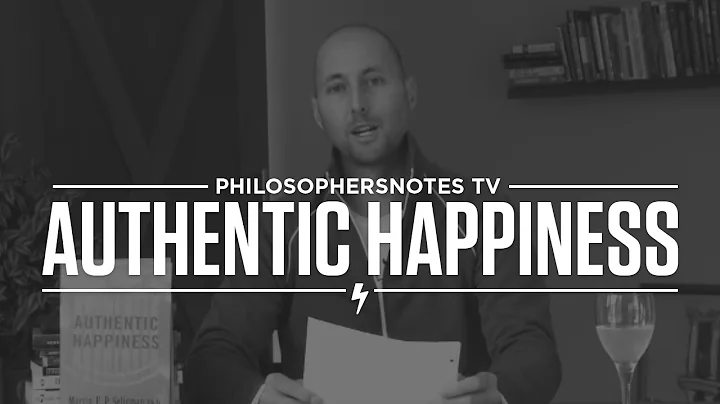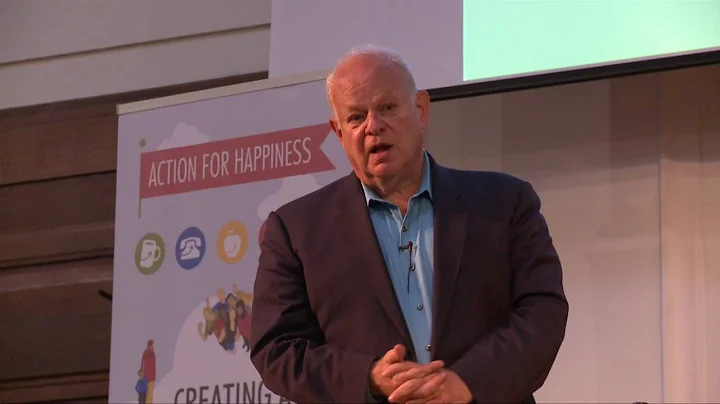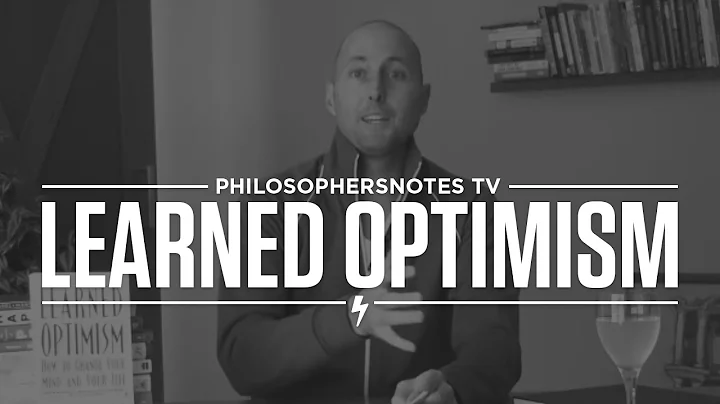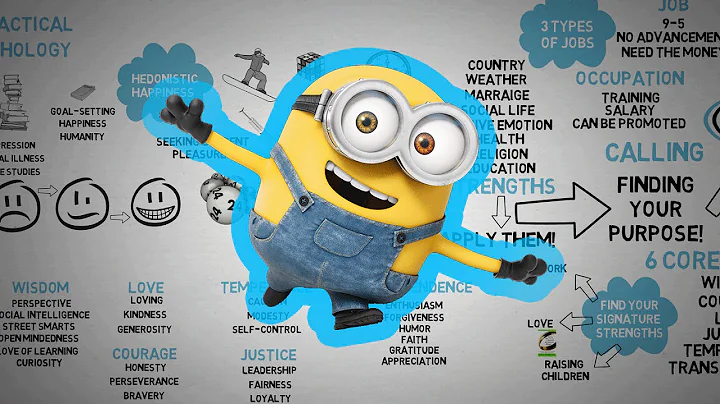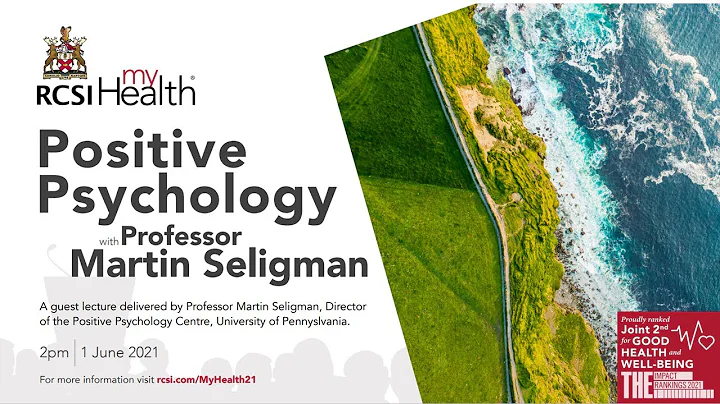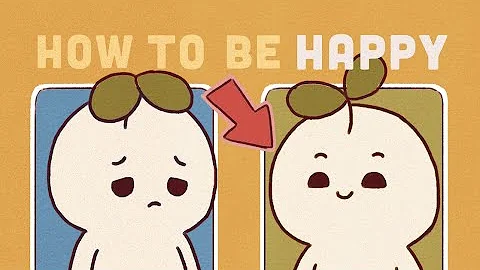Today is June 29, 2022.
Good evening!
Today I would like to share with you my reading experience of "True Happiness" written by Martin Seligman , the father of positive psychology in the world.
today mainly focuses on the perspective of the future. When we talk about positive emotions about the future, we are actually talking about optimism, hope and confidence.
Do you consider yourself an optimistic person? Are the opinions of those around you consistent with your self-perception?
What is the biggest difference between optimistic people and pessimistic people?
How much impact will the existence of this difference have on the development of our lives?
What can we do to make ourselves more optimistic?
After reading today's article, you will know the answer.
01 Optimism Quiz
First of all, if you have plenty of time, I suggest taking the following test, which only takes a few minutes. Remember to use 0 or 1 when writing the answer instead of writing options, which will be more convenient when counting scores later.
Put yourself into every situation. You only need to choose the option that is closest to your own behavior or the option that you are most likely to do. Do not choose what you think you should do or the option that you think will be recognized by others.

After finishing, classify according to the letters behind each option, and add up the scores. There are four categories: PmB, PmG, PvB, PvG.
Add the PvB and PmB scores to get your HoB score; add the PvG and PmG scores to get the HoG score. Then use HoG minus HoB. If your score is 10~16 points, then you are a hopeful person; 6~9 points are moderately hopeful; 1~5 points are average; 0~-5 points are moderately hopeless. ;-5 or below is very hopeless.
In general, a score of 6 to 16 indicates that you are a relatively optimistic person, a score of 1 to 5 is an average level, and your optimism and pessimism are about the same proportion, while a score below 0 indicates that you are relatively pessimistic.
02 Differences and Influences
After knowing your level of optimism, you may not be surprised - because we must know our own mentality best.
But what is the difference between optimism and pessimism? Isn't the sign of optimism always smiling, always comforting yourself that "it's nothing", and not caring about all failures and frustrations?
is not like this, this is not optimistic.
The most typical thing is that after an optimistic person succeeds, he will pursue the victory, use his existing advantages and skills to expand this success, and achieve greater achievements. ; when encountering failure, he will feel that this is only a temporary reason. , and it does not mean that there are any major flaws in his own abilities. .
However, this is not the case for pessimists at all. Pessimistic people will attribute success to temporary efforts or luck . He will think: It’s just this time, it won’t be the same next time. And this kind of thinking will more or less block it, making the victory he achieves limited and narrow. When he failed, he attributed the failure to problems with his character or ability.
Let’s explain the four types of letters in the test:
PmB: Permanent bad things
PmG: Permanent good things
PvB: Universal bad things
PvG: Universal good things
Simply put, divides our view of the future into Two dimensions: permanence and pervasiveness. Whether optimistic or pessimistic, can be divided into general and specific, long-term and temporary.
A pessimistic person attributes failure to general problems such as personality and ability problems, and brings this negative self-perception to other things, so he will feel incompetent and incompetent in everything in life. Frustrate and then give up. attributes success to specific problems , such as one's own temporary efforts or emotions. Suppressing yourself by saying, "This is just my temporary effort and it can't prove anything."
And an optimistic person regards failure as a specific event . Although one part of life has gone wrong, he believes that other parts will continue to move forward. He will handle the two separately. regards success as a universal event - he believes that he has long-term and stable ability to do things well.
This is the biggest difference.
03 method
The way to make us optimistic and hopeful is to refute it in time when we find ourselves pessimistic.
The "rebuttal" here is not meaningless self-deception or comfort . We don't want to be fools who insist on comforting themselves "I am getting better" after encountering failure. These unrealistic and fake Empty clichés do nothing to change us.
Suppose at this time your colleague or a stranger comes out to accuse you and says "you are too selfish" or "you are so incompetent", what will you do? Will you bear it silently, or will you just fight back?
And if the thought of accusing yourself of selfishness or incompetence arises in your mind, you will most likely believe it and accept it silently.
Why is this?
Why is it so difficult for us to refute our own accusations?
In fact, what we say to ourselves subconsciously is just like the colleague or stranger whom you refute, it is twisted and unfounded . This habitual thinking may come from childhood conflicts, overly strict parents, harsh teachers, or jealousy from your sisters. is just because this idea comes from our own hearts, so we regard it as an imperial edict.
Therefore, we must refute it promptly. The
method is ABCDE mode . Let’s talk directly about how to operate it.
If something bad happens, first take the initiative to be aware of the thoughts and ideas that arise automatically in you, then jump out and think rationally about the possible consequences of these thoughts, and finally refute them and inspire yourself to take new actions.
For example:
If my three-innovation project fails this time, my thinking may be: My last business competition case was not selected, and this time I was not approved despite being so carefully prepared. Maybe I am not suitable for scientific research.
jumped out and thought about the consequences at this time: If I think this way, I will definitely not participate in similar competitions and projects in the future, because I feel that I am not suitable and I am not good at it. I feel that participating in these is nothing more than proving my incompetence once again. However, it is very likely that we were unable to establish the project due to reasons such as the selection of teammates, division of labor, our unsuitable topic, and differences of opinion among the judges and teachers. If you are afraid to participate in the future, you may lose some important opportunities to prove your advantages and be seen.
rebutted: I formed a team to participate in a similar competition last time, and was responsible for roughly the same content. I also won first place in the preliminary round, which proved that I have relevant scientific research capabilities. Moreover, my senior fellow students and teammates have praised me for my choice of words and sentences. My writing is coherent, with few typos and few grammatical errors. It is very suitable for writing scientific research papers. Third, I am very careful about what I produce, and I will prepare carefully and think carefully about how to write it.
inspired: By sorting out the above three points, it is enough to refute my previous pessimistic thoughts. I think the right thing to do is to reflect on the possible bad influencing factors this time and avoid them the next time you participate. And next time I can be the team leader myself, so that I can be responsible for the modification of the text at the last minute.
Well, I am full of energy now! You can also follow this format to appropriately cite evidence to refute pessimistic ideas . treats this idea as an outsider's accusation against you to refute . His purpose is most likely to make your life unhappy, so don't let it succeed.
You can follow the above format for daily exercises . When negative thoughts appear in your mind, be aware of them in time, associate the consequences, refute them, and then stimulate them.
Conclusion
Remember: Pessimistic people firmly believe in the darkest and most terrible thoughts, not because these thoughts are true, but because these thoughts are the saddest.
So, don’t let these spider threads cloud your hopes, prospects, opportunities and possibilities, believe in real evidence, real advantages, not distorted ideas and superficial things.
I wish you a happy reading!
If you like my content, please like, forward and follow ! The new author needs your support very much~
Thank you~


